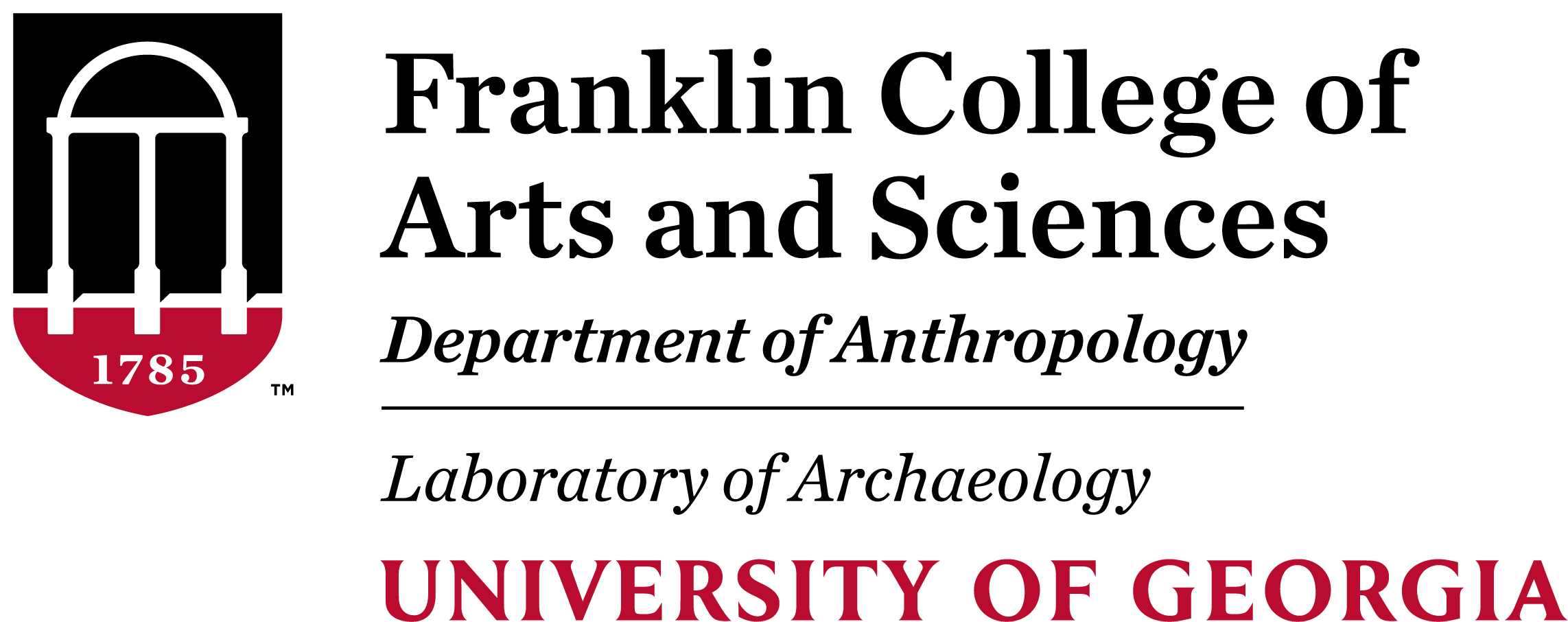SUPPORT ARCHAEOLOGY
Help us to continue to make advances in research, stewardship, and bringing the past to life. No matter the size of the gift, your contribution will directly support groundbreaking archaeological research through sustaining student and outreach programs, and technological innovations. To make a secure gift online to the Archaeology Lab Fund, CLICK HERE.
